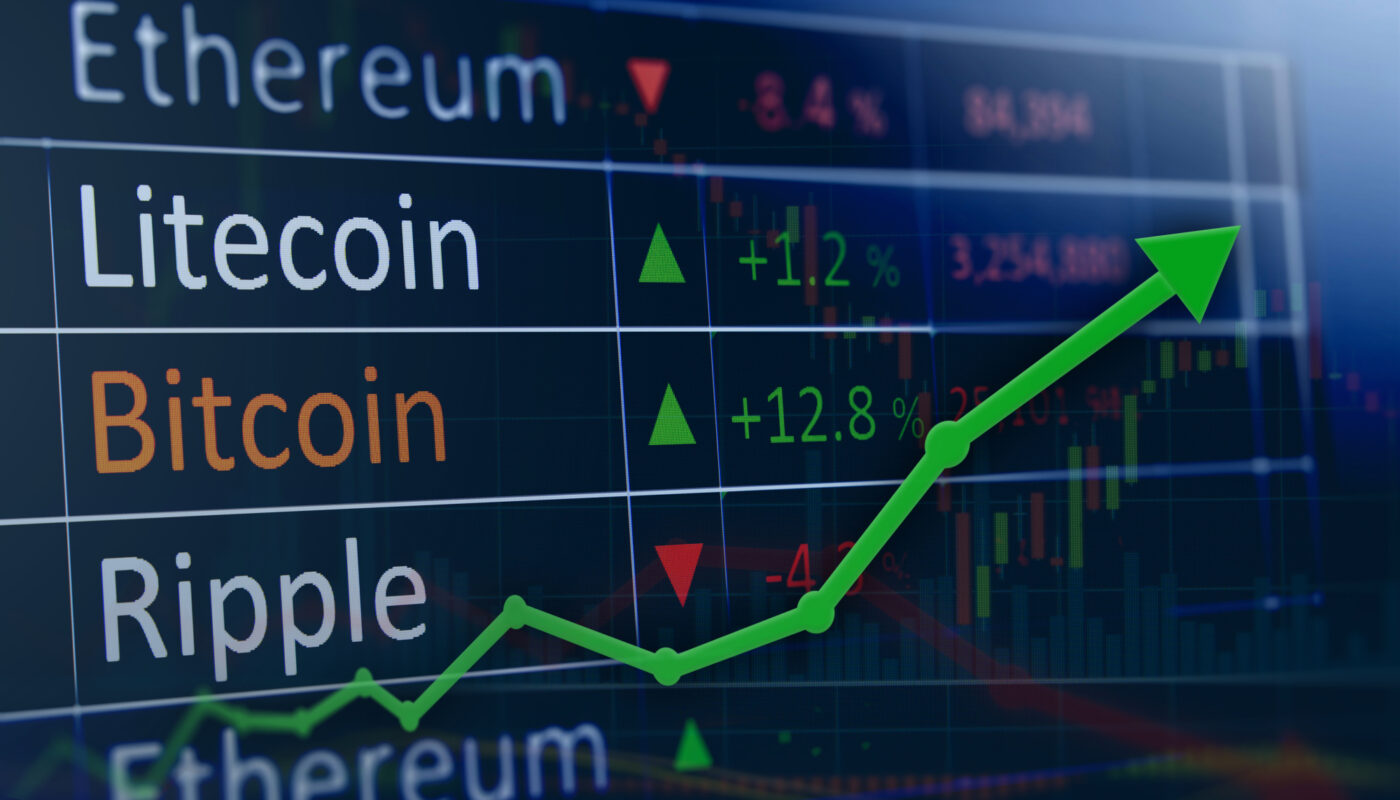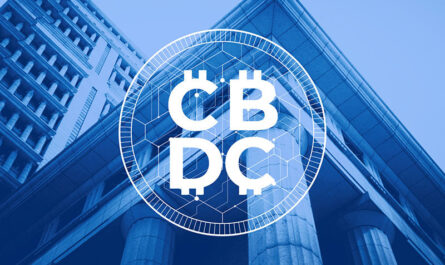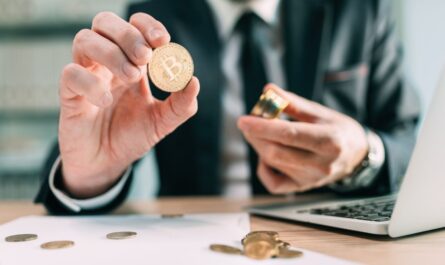When we talk about cryptocurrencies, we often relate them to scams and fraud. It’s somehow a default opinion, and many people don’t even try to invest and trade, because they are afraid of the concept of digital currencies. Partially, these people are right to be skeptical about everything digital. No matter how hard we try to protect ourselves from scams, there is always someone who wants to earn money in an unethical way. And the digital world is a great place to do that.
By using trusted services like bitql.app, you can avoid so many risks and scams, like:
- Phishing Websites
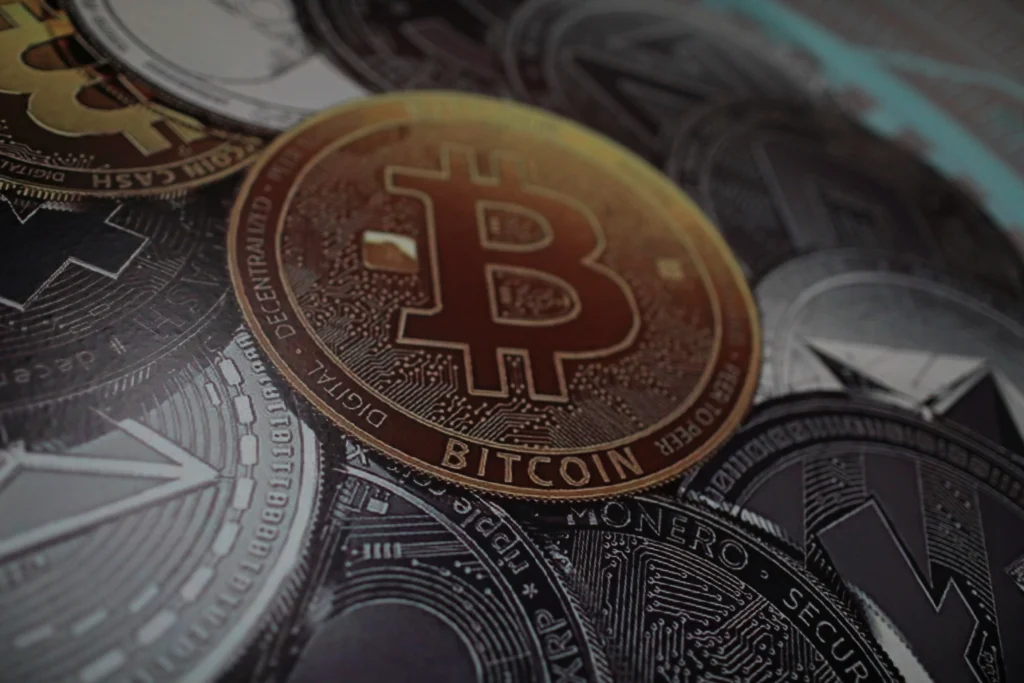
This is a common practice that will never die. Or it seems like that. Phishing websites and apps are on the internet forever, and everyone has faced at least one risk in their online experience. But it seems like those who create them are way too patient, and always try the same scheme to scam people.
When you trade digital currencies, you must find a trustworthy and certified platform. Even though it’s not easy to find a great one, you should try and avoid phishing websites. But, how to spot one?
If the service promises something unreal, don’t fall for it. Also, ensure you don’t have to keep your digital currencies online because you make them vulnerable. And finally, don’t enter any pin, password, or private key not related to the particular service. If a third-party app asks for information like a home address, or bank account number, you don’t do that. It’s simple, don’t share your personal information, because it’s against the digital currency principles.
Most legit platforms and wallets require a name, email, and maybe a phone number to sync the data and activate the 2FA feature for you.
- Pump-and-dump Fake Inflation
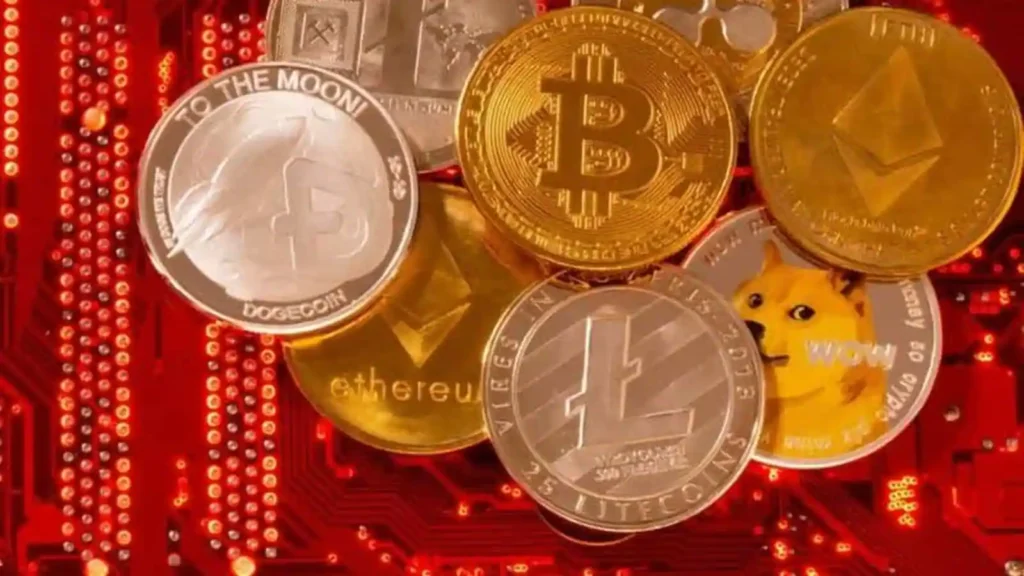
There are many crypto enthusiasts who try to inflate the price, so they can sell their profits. Sometimes it’s pretty obvious to spot this behavior, but in many cases, it seems completely legit. How do they do that?
You will see these people sharing fake information about the certain asset, and making that information go viral through online communities. So, the demand rises, and many try to buy or sell more, which results in a more competitive price. And you get the deal – you’ve sold the assets, and these people now have a lot of money, while the price fluctuation is pretty stable.
And when you realize you are a scam victim, they would already have the assets, and you will have to go over and over again trading and earning. Not a pleasant situation, right?
- Fake Websites
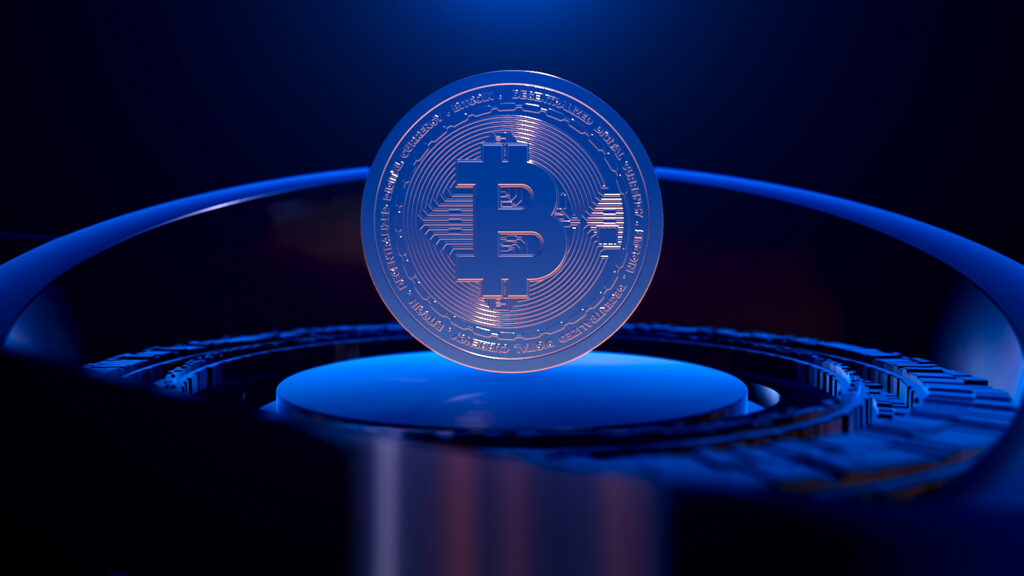
This is a little bit different than phishing scam sites. Scammers can create a different website and copy a friendly and well-known design. Many won’t even pay attention to the URL when they see a familiar layout.
But, what happens in the background? Scammers are patiently waiting for you to enter all your information, and use it on a legit website. Now when they have an access to your assets, they may empty your wallet overnight, or steal small portions, so you won’t notice. The second strategy is pretty common because it’s not that obvious what’s happening. Sometimes the victims aren’t even aware someone is trying to steal their money. But, once they want to withdraw the whole amount, the hackers will prevent them from doing that, by permanently shutting down the access.
Sounds like something you don’t want to experience, so be very careful with this one.
- Fake Celebrity Testimonials
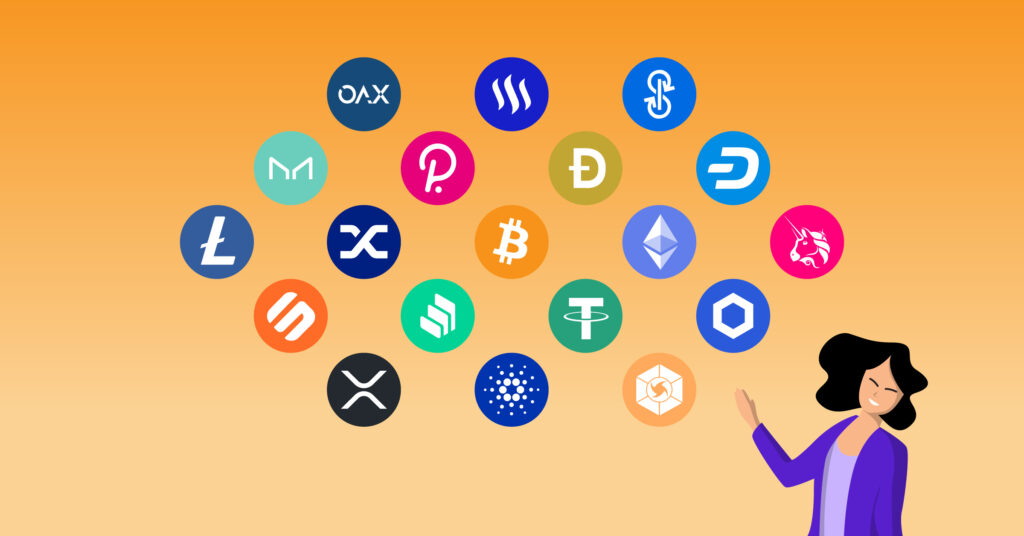
When a celebrity tells us something is good, we tend to trust them. But, how do you know it’s not a fake campaign? Scammers often use video pieces, or even completely fake testimonials, giving them a familiar face. People tend to trust their idols, thinking they can’t go wrong with their choices.
These fake accounts may share malicious links, or organize fake giveaways. We’ve seen that practice already, but somehow, it still attracts some people to click on any link they see, and sign up for some prize.
Why is this bad? Even if you share your email only, they already have an access to anything they need to steal your crypto assets.
- Blackmailing

This is another common practice. Scammers send blackmail messages, asking for Bitcoins or other currencies, so they won’t leak your personal data. But, you are a smart person, and we are sure you won’t fall for this one.
Some of you may even receive some threatening messages, as the unknown person says they have something personal and ask for money to prevent exposure. But, we are all smarter than that, especially those who have an access to learning resources and forums.
Sadly, some people aren’t that knowledgeable, and they can easily fall for this scam. So, it’s up to you to educate your friends and family and tell them not to send any money to anyone, before they are sure it’s not a scam.
- New Currencies that Disappear in a few Days
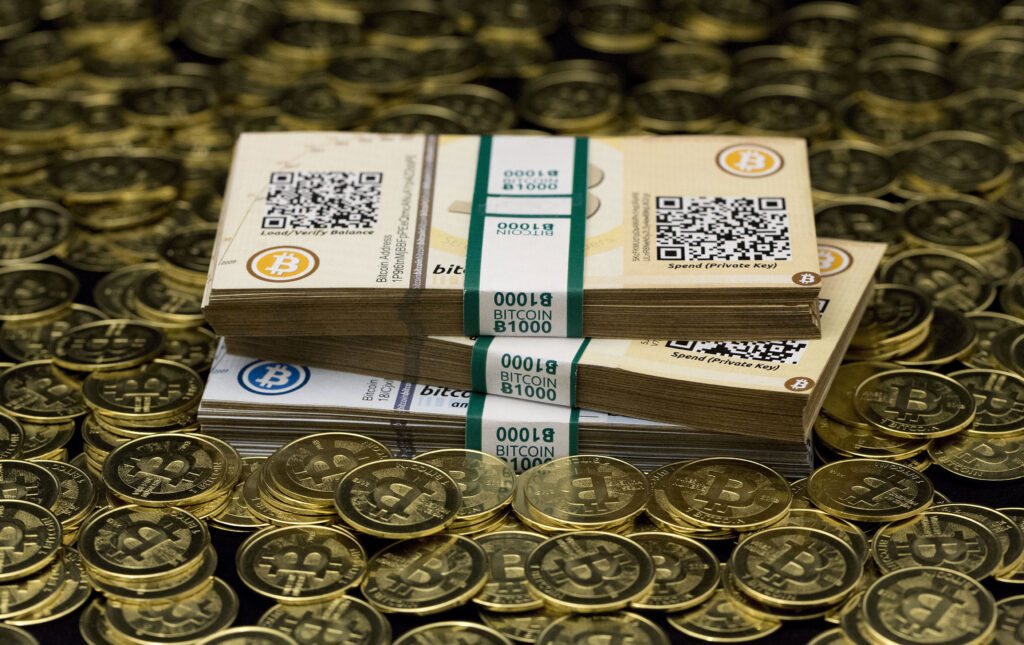
Sometimes, the crypto influencers or their fake accounts will hype some new currency. And even the best ones tend to trust the new concepts and embrace them. But, what happens after that?
You invest some amount of money because you trust the people who claim it’s a good deal. Later, you realize that it doesn’t even exist on the market anymore. This is not a common scam, but it surely happens sometimes.
Our suggestion is to trust reputable currencies and assets and be really careful with the new ones.
Conclusion
Staying safe online is possible, but pretty challenging. As a digital asset owner, you need to take any needed measures to protect it. Scams are all around us, and no one is completely safe. But, you can still manage to be good at what you are doing. Just be careful of the scams we mentioned in this article. Also, you can stay with us, since we have a lot more tips to offer for any digital asset owner.
